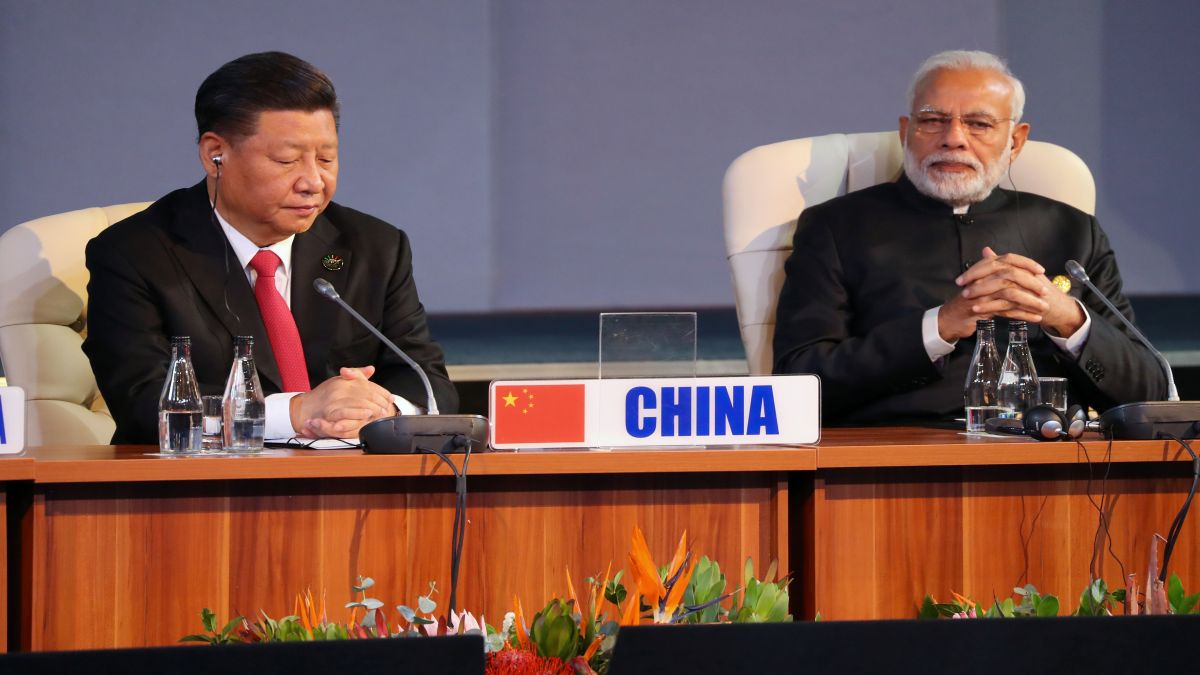Prime Minister Narendra Modi will visit China to attend the SCO Summit from August 31 to September 1 in the city of Tianjin.
This will be Modi’s first visit to China since the India-China relations nosedived in 2020 with the border standoff in Ladakh, particularly after the clash at Galwan Valley in which 20 Indian soldiers were killed in a Chinese attack.
Modi will first visit Japan on August 30 and will then travel to China to attend the SCO Summit.
In recent months, India and China have been working to improve the bilateral relationship, which has led to a number of decisions, such as the partial resolution of the standoff in Ladakh, the resumption of the Kailash-Mansarovar pilgrimage, and India resuming the grant of tourist visa to Chinese nationals.
However, the India-China relationship remains far from smooth and tensions dominate bilateral ties. China’s actions have shown that it is not yet ready to normalise ties with India. For example, China has restricted the supply of rare earths to India even as it is providing rare earths to others. Similarly, China has also restricted the supply of speciality fertilisers to India.
Moreover, the SCO has repeatedly failed to address India’s concerns on security and terrorism even though the SCO is supposed to have a special focus on transnational security challenges. Notably, earlier this year, Defence Minister Rajnath Singh refused to sign a joint statement at a SCO ministerial summit because the joint statement did not condemn the Pahalgam attack in which Pakistani terrorists killed 26 people in Jammu and Kashmir.
Impact Shorts
More ShortsChina’s support to India’s adversaries has also not just persisted but apparently intensified lately. For example, during the India-Pakistan conflict in May, deputy army chief Lieutenant General Rahul R Singh has said that China was “providing all possible support” to Pakistan, including real-time intelligence.
However, in the wake of the spiralling India-US relationships, analysts have said that India should stabilise other contentious front, such as the ties with Pakistan and China, so that it is better positioned to deal with the disruption caused by US President Donald Trump’s actions.
Why does India engage with SCO?
Even though SCO’s counter-terror programme, the Regional Anti-Terrorist Structure (RATS), has been of no use to India for its security concerns, India’s presence there has enabled it a voice at the table that counters the dominance China and Russia, which is critical for a country that wishes to build a major power status regionally and globally, Anushka Saxena, a China researcher at the Takshashila Institute, previously told Firstpost.
Moreover, Saxena said that India works as a counter-balancing force within the group.
“Similarly, in the SCO, India’s role as a disruptor is vital. If China and Russia continue to propagate the idea that these groupings are anti-West, India’s presence becomes necessary to maintain the balance and act as a bridge with the West,” said Saxena.


)

)
)
)
)
)
)
)
)



